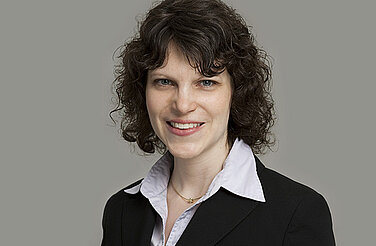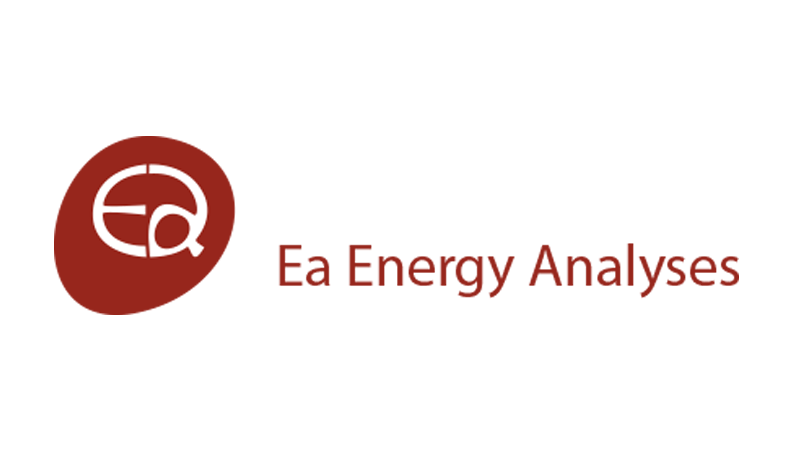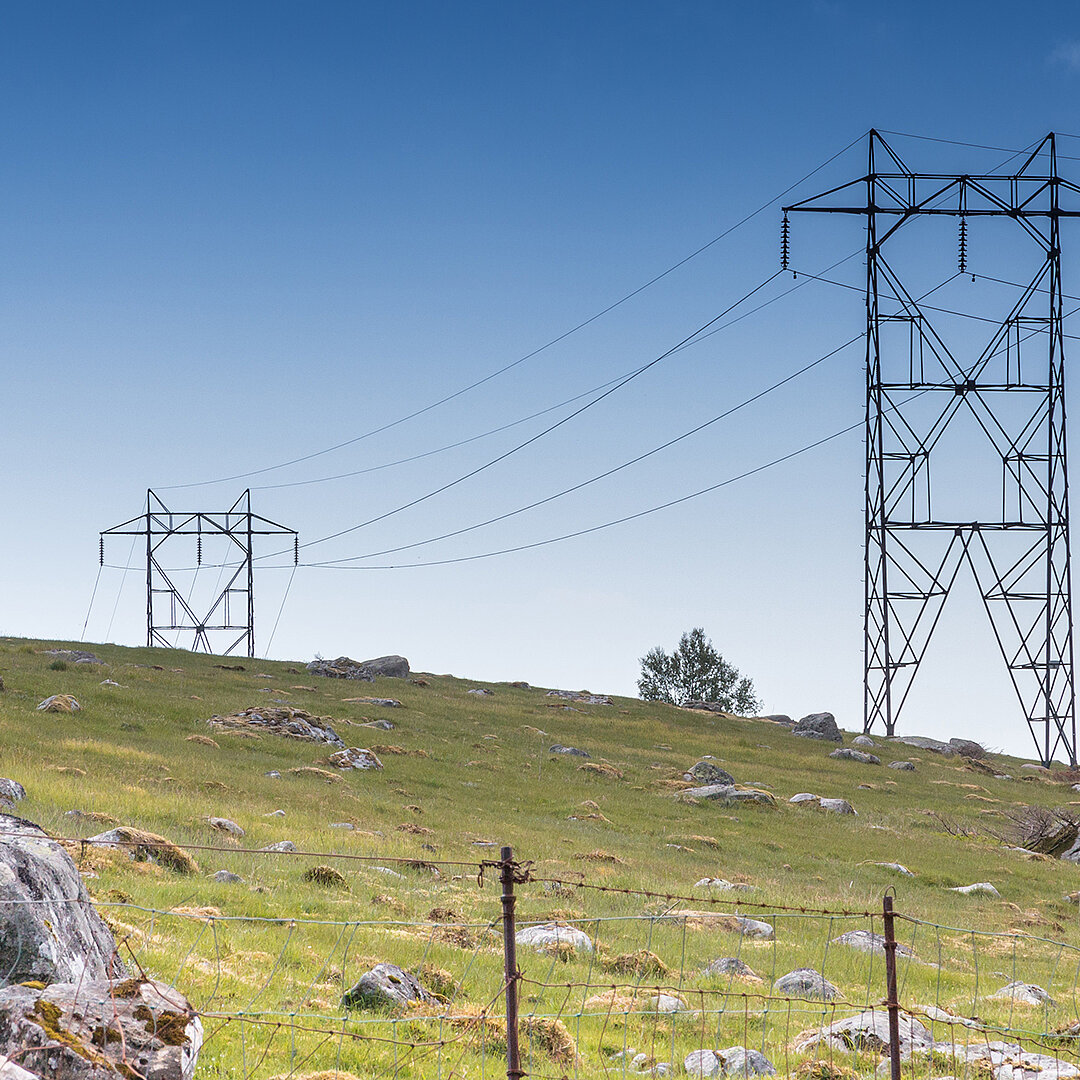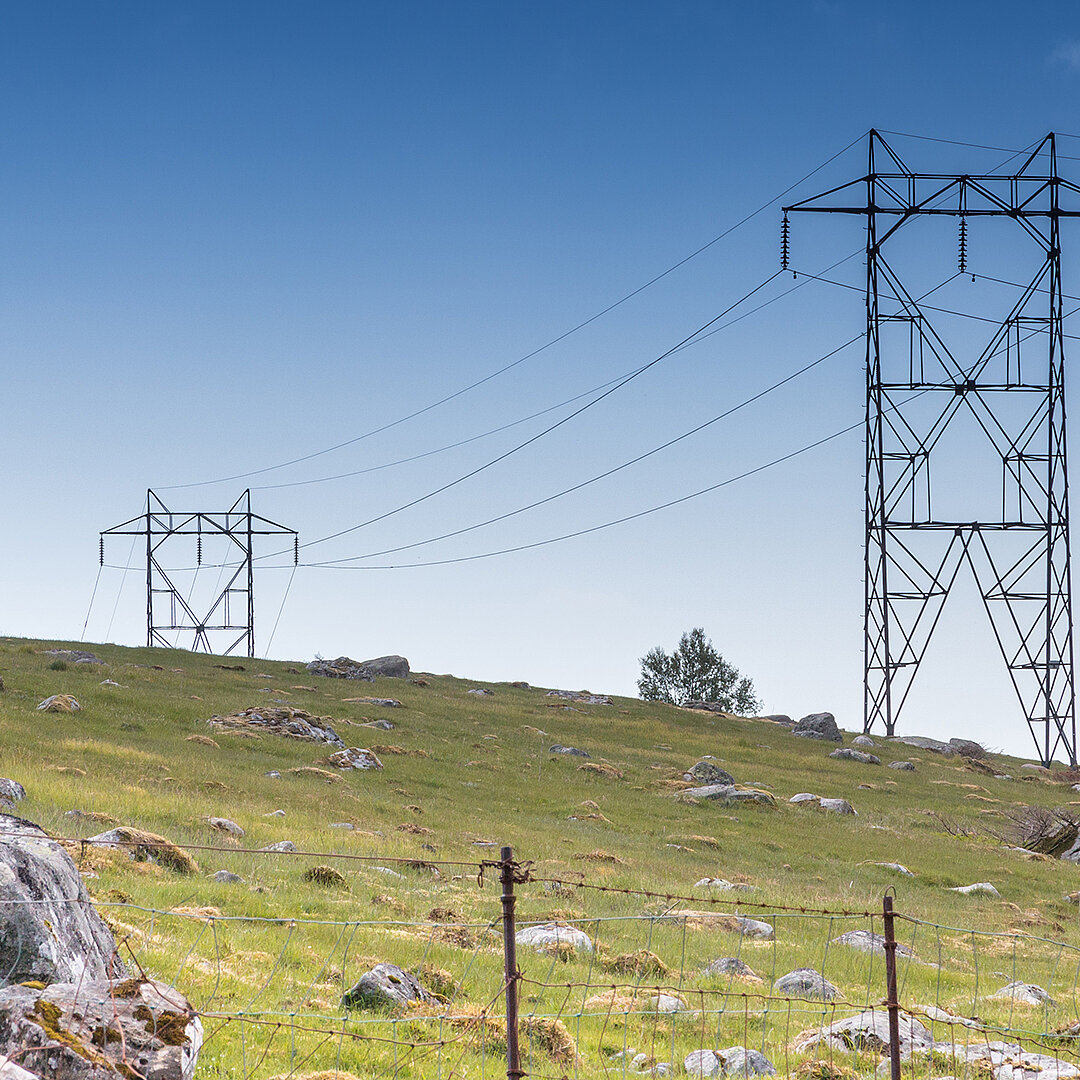-
Increased integration between the Nordic countries and Germany will become ever more important as the share of renewables increases. The more renewables enter the system, the higher the value of additional transmission capacity between Nordic countries and Germany will become.
In particular, additional generation from renewables in the Nordics – reflected in the Nordic electricity balance - will increase the value of transmission capacity. There is a lot of potential for trade, due to hourly differences in wholesale electricity prices throughout the year.
-
A closer integration of the Nordic and the German power systems will reduce CO₂ emissions due to better utilisation of renewable electricity.
This is caused by reduced curtailment of renewables, improved integration of additional renewable production sites and increased competitiveness of biomass-fuelled power plants.22
-
Higher integration will lead to the convergence of wholesale electricity prices between the Nordic countries and Germany. But even with more integration, the Nordic countries will see lower wholesale electricity prices if they deploy large shares of renewables themselves.
In general, additional integration will lead to slightly higher wholesale electricity prices in the Nordics and to slightly lower prices in Germany. But this will be counteracted by the decreasing price effect that higher wind shares in the Nordics have on the wholesale power market.3
-
Distributional effects from increased integration are significantly higher across stakeholder groups within countries than between countries.
This strongly impacts the incentives of market players such as electricity producers or consumers (e.g., energy-intensive industries) for or against increased integration. Distributiona leffects need to be taken into account for creating public acceptance for new lines and for the cross-border allocation of network investments.
Increased integration of the Nordic and German electricity systems (full report)
Modelling and assessment of economic and climate effects of enhanced electrical interconnection and the additional deployment of renewable energies (full version)
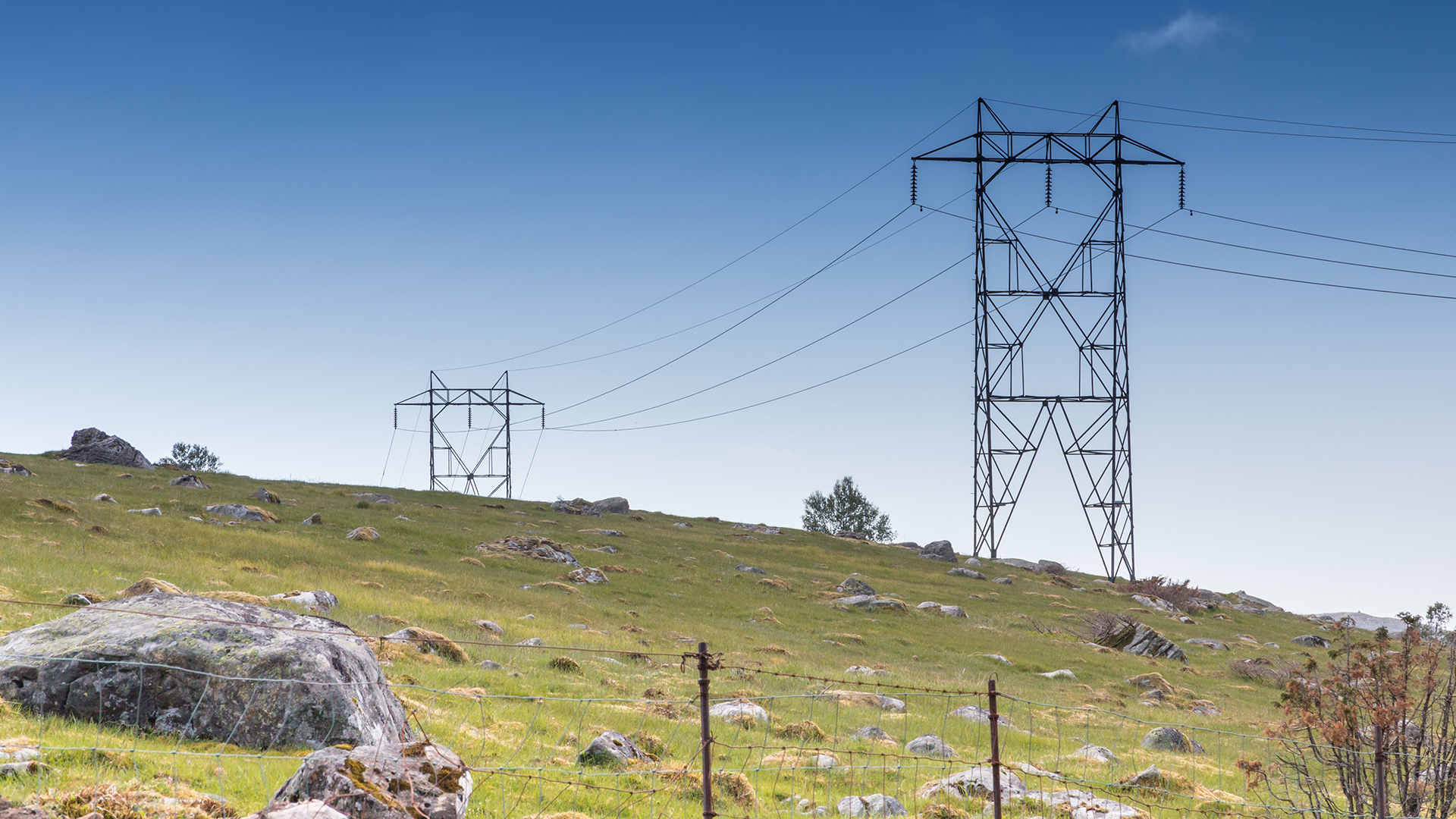
Preface
Increased integration of power systems is one of the prerequisites for the completion of the EU internal energy market – and with it the achievement of higher cross-border transmission capacities between European countries. The Nordic countries have vast potentials in renewable energy, such as wind energy, together with already existing hydropower reservoirs.
As part of the Energiewende, the German electricity system is undergoing the transition toward a high share of renewable energy – wind and solar photovoltaics in particular. Increased integration of the Nordic and German electricity markets will bring mutual benefits for power systems, greenhouse gas emissions mitigation and the wider economy. At the same time, increased integration affects stakeholders such as power producers and consumers in different ways in different countries. These effects are important to consider when increasing public acceptance for new (cross-border) transmission lines.
Agora Energiewende and the Swedish think tank Global Utmaning have put these issues to a consortium of three leading European research institutes. The aim of the resulting study was to examine the impact of increased integration between Nordic countries and Germany with a variety of renewable electricity shares. The study is meant to foster dialogue and discussions across countries and stakeholders, and encourage further research. The findings, as well as the accompanying technical reports, have been published on Agora Energiewende’s website.
Key findings
Bibliographical data
Downloads
-
pdf 10 MB
Increased Integration of the Nordic and German Electricity Systems (Full Version)
Modelling and Assessment of Economic and Climate Effects of Enhanced Electrical Interconnection and the Additional Deployment of Renewable Energies (Full Version)

